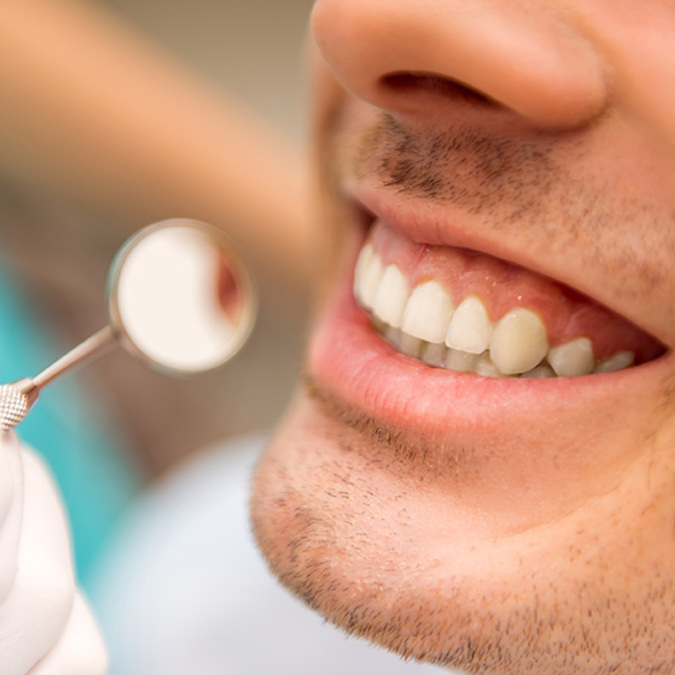Dental cleanings should be a regular part of your medical routine, but they are often overlooked. While many dentists recommend cleanings at least twice per year, the most important thing is to visit regularly, as opposed to only when you’re having dental problems.
In fact, research shows that children and adults who go to the dentist only when they’re having problems have more tooth decay, more fillings and more missing teeth.
“Visiting your dentist regularly will help you avoid more serious oral health issues, including toothaches, tooth loss, gum disease, and bad breath,” Quality Dental Care says.
Here are three reasons dental cleanings are important.
Dental cleanings stop cavities and buildup
Cavities can be painful and lead to further problems, so it’s best to prevent them or, when they do occur, treat them sooner rather than later. Cavities happen when bacteria in your mouth turn to acid that creates plaque on your teeth, which dissolves your enamel and makes holes — or cavities.
“Many people think only children get cavities, but changes in your mouth as you age make them an adult problem, too,” according to WebMD.
A dental cleaning will clear buildup and detect early decay, possibly helping you avoid a cavity in the future. Because dental decay progresses slowly, early detection means you have enough time to reverse it, according to Colgate Professional. Your dentist can advise you what changes you need to make, or if a filling is your only option.
“Fluoride therapy, dietary changes and better oral hygiene habits can reverse this process by causing minerals to build up in the tooth again, making the enamel stronger,” Colgate says. “In some cases, a filling is a no-brainer. If you're in pain or have an obvious cavity (a break in the surface of your tooth), you need a filling.”

Dental cleanings avert gum disease
Gum disease infects the tissue in your mouth and can cause you to lose teeth. In the early stages, it is called gingivitis and is reversible if you get a professional cleaning and carefully floss and brush your teeth every day. If not, it could progress to gum disease.
“Because gum disease is usually painless, you may not know you have it,” according to the American Dental Association. “Also referred to as periodontal disease, gum disease is caused by plaque, the sticky film of bacteria that is constantly forming on our teeth.”
Almost half of adults over age 30 in the United States have advanced gum disease, according to the ADA, and it can happen to people who are otherwise healthy. Additionally, severe gum disease has been associated with other health problems, such as diabetes and stroke.
A dentist can detect oral cancer
“After an informed public that is knowledgeable about the risk factors for oral cancer, the dental community is the first line of defense in early detection of the disease,” according to the Oral Cancer Foundation.
Oral cancer is cancer in your mouth; it can start on or spread to your lips, the inside of your lips and cheeks, your teeth and gums, your tongue, the floor and roof of your mouth, and the area behind your wisdom teeth.
A dentist can spot the signs of oral cancer and, as with other types of cancer, the earlier you find and treat it, the better. Because prevention is the best option, the American Cancer Society offers these recommendations:
- Limit smoking and drinking.
- Avoid HPV infection.
- Limit exposure to ultraviolet light.
- Eat a healthy diet.
- Wear properly fitted dentures.
Even if you’re careful, cancer is not always avoidable, which is why regular checkups with your dentist are essential to catch any problems.
Visit your dentist
Find a dentist who will look for problems when giving cleanings. Quality Dental Care has the expertise patients need and the compassion that keeps them coming back. Visit qualitydentalcare.org for more information and to make an appointment.

